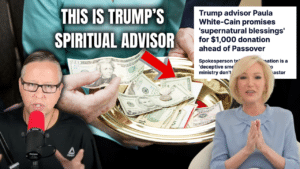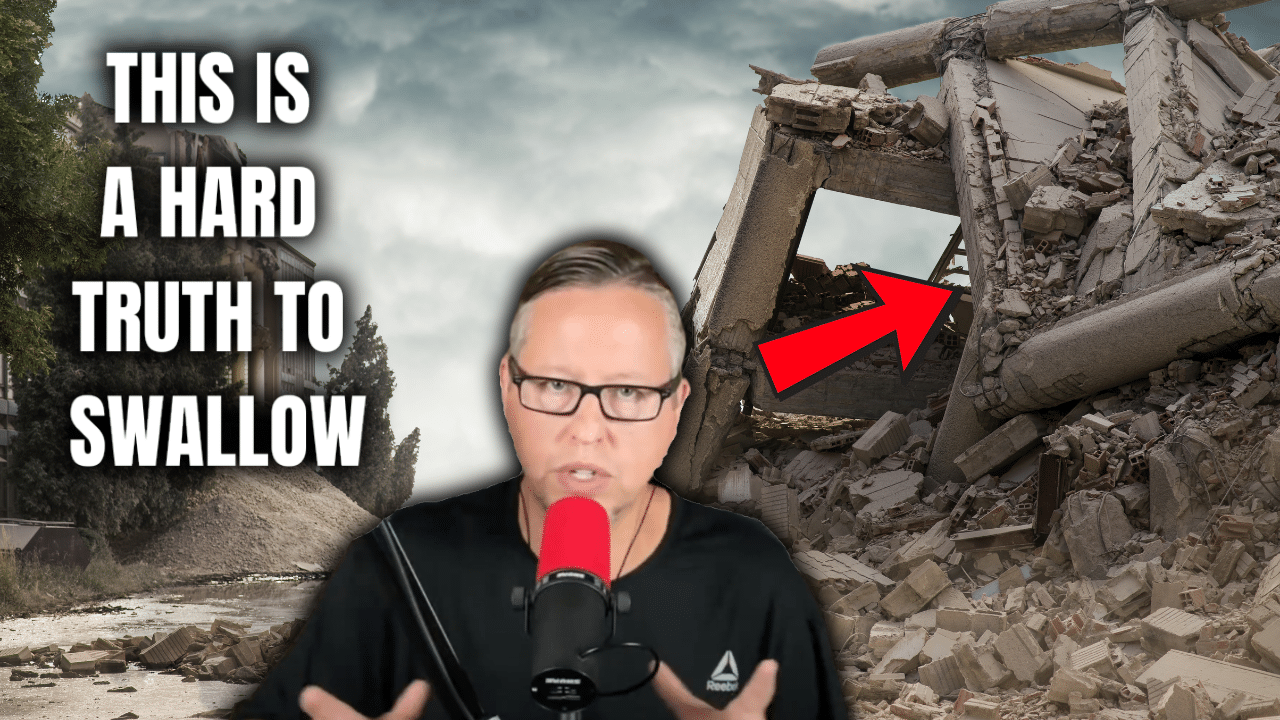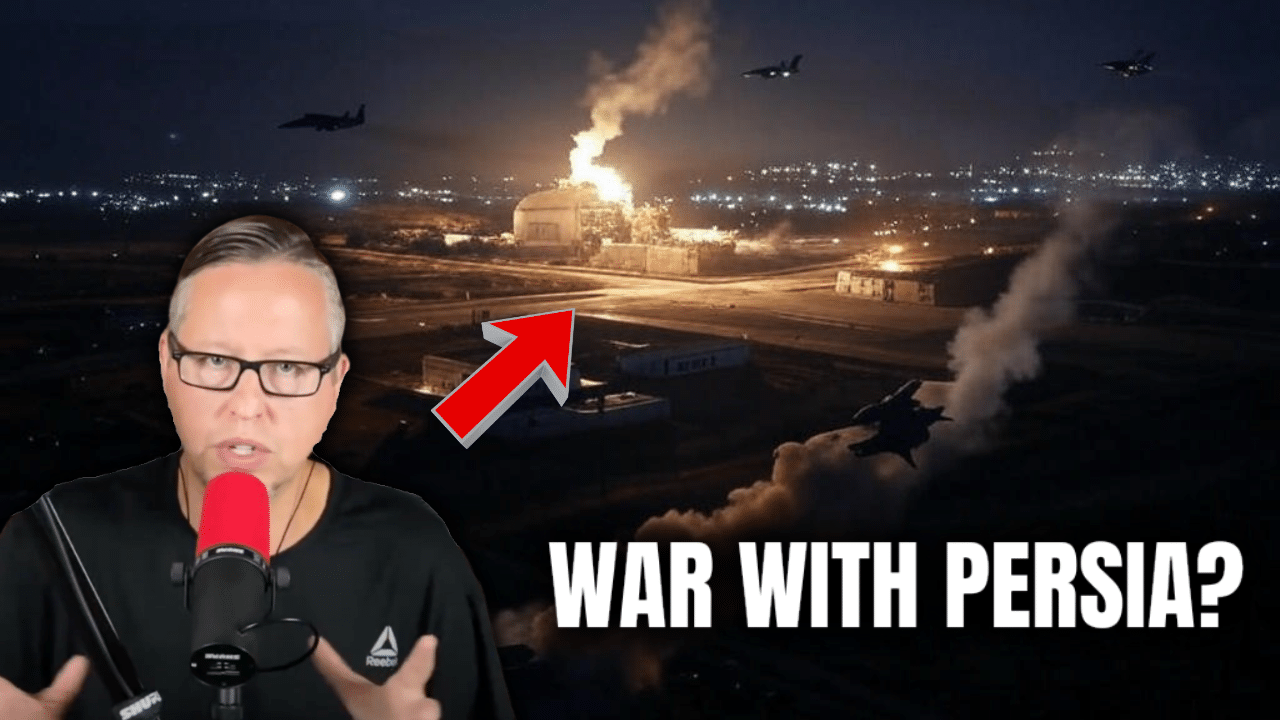(OPINION) The global economy stands at a precarious crossroads as escalating tariff disputes threaten to plunge the world into a crisis reminiscent of the Great Depression of the 1930s, according to a stark warning from the International Chamber of Commerce (ICC).
As The Wall Street Journal reported, Andrew Wilson, the ICC’s deputy secretary-general, expressed deep concern over the United States’ recent imposition of steep tariffs on imports, particularly from key trading partners like Canada, Mexico, and China.
“Our deep concern is that this could be the start of a downward spiral that puts us in 1930s trade-war territory,” Wilson stated, invoking the historical precedent of the Smoot-Hawley Tariff Act, which exacerbated a global recession by slashing international trade and plunging nearly a third of the world’s workforce into unemployment.
The Wall Street Journal highlighted the severity of the situation, noting that the U.S.’s latest tariff measures—imposing a 25% duty on imports from Canada and Mexico, alongside threats of even higher tariffs on Chinese goods—echo the protectionist policies of the past that led to economic devastation.
Wilson emphasized that the current trajectory risks unraveling decades of global trade cooperation, potentially triggering a domino effect of retaliatory measures from affected nations.
This fear is not unfounded: Mexico has already ordered retaliatory tariffs, Canada has promised matching 25% tariffs on up to $155 billion in U.S. imports, and China has signaled its intent to file a lawsuit with the World Trade Organization, as reported by The Guardian on February 2, 2025.
The BBC underscored the immediate market fallout on March 4, 2025, reporting that global stock markets in the U.S., Asia, and the UK dipped sharply as Trump’s tariffs took effect, sparking fears of a broader trade war.
Safe-haven bonds soared, while currencies like the Mexican and Canadian peso weakened against the U.S. dollar.
The BBC quoted Wilson again, this time from an interview on Radio 4’s Today programme, where he described the tariff hikes as “the biggest effective increase in U.S. tariffs since the 1940s—with severe economic risks attached.”
He cited Yale University estimates suggesting these measures could cost U.S. households up to $2,000 in 2025 alone due to rising consumer prices.
Adding to the chorus of concern, Reuters reported on January 23, 2025, that the World Trade Organization’s chief warned that tit-for-tat trade wars prompted by U.S. tariff policies could have “catastrophic consequences for global growth.”
This sentiment aligns with earlier cautions from the International Monetary Fund and U.S. Federal Reserve officials, who, as Reuters noted on June 6, 2019, identified rising tariffs as a growing threat to decades of U.S. economic expansion and global stability.
The IMF has specifically criticized the U.S. approach of using tariffs to pressure trading partners, arguing it undermines the rules-based global trading system established post-World War II.
The Associated Press (AP News) provided additional context on March 3, 2025, detailing how President Donald Trump’s tariff tactics during his current term carry higher economic risks than in his first, given the scale and unilateral nature of the measures.
Unlike his earlier trade skirmishes, which caused chaos but were somewhat contained, the latest actions risk upending supply chains and raising costs across interconnected economies.
The AP highlighted retaliatory moves from Canada and Mexico, key partners under the U.S.-Mexico-Canada Agreement (USMCA), as evidence of the widening fissures in global trade relations.
Critics of the tariffs, including Democratic Senator Mark Warner, told CBS’s Face the Nation (as reported by The Guardian) that Trump’s policies contradict his campaign promises to lower grocery prices, instead driving inflation higher.
Economist Larry Summers, speaking to CNN, labeled the tariffs a “self-inflicted supply shock,” predicting higher prices and reduced supply over the next few months.
Meanwhile, The Guardian noted neutral reactions from some U.S. business leaders, with JP Morgan CEO Jamie Dimon suggesting at the World Economic Forum that tariff threats could be leveraged to negotiate better trade terms—though most economists remain skeptical of this outcome.
The historical parallel to the 1930s looms large.
The Wall Street Journal recalled how high tariffs on foreign goods imported into the U.S. during that decade contributed to a global trade collapse, slashing production in industrial powerhouses like Germany and the U.S. by 50%, according to the International Monetary Fund.
Today’s interconnected economy, built on decades of trade liberalization, faces a similar risk of fracture.
As the BBC reported, financial markets are already in a tailspin, reflecting the uncertainty and fear of a “very risky scenario for global trade and the global economy,” in Wilson’s words.
While some, like Trump, argue tariffs could bolster U.S. manufacturing and reduce trade deficits, the overwhelming consensus from mainstream sources—spanning The Wall Street Journal, The Guardian, the BBC, Reuters, and AP News—paints a dire picture.
Without a reversal or de-escalation, the ICC’s warning suggests the world may be teetering on the brink of an economic abyss not seen in nearly a century.
As nations brace for the fallout, the stakes for global cooperation have rarely been higher.








